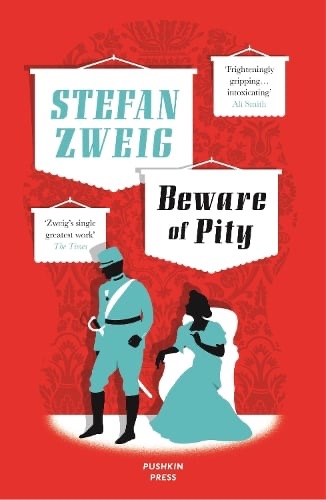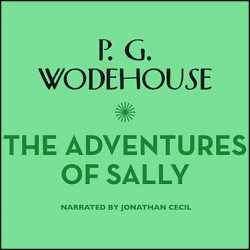
In November my book club read Émile Zola’s Au Bonheur des Dames which Bill Gallagher’s BBC TV series The Paradise was based on. I loved this book!
It’s quite a bit different, and darker than the BBC program. Denise, the heroine, comes to Paris after her father dies with her two brothers. They’d tried to make ends meet for a year after their father died, but finally had to see they’d never stay afloat in the countryside. Besides Jean, Denise’s teenage brother was dabbling in some dangerous liaisons that were getting him into trouble. Throughout the novel Denise faces greater hardships with higher stakes since her brothers depend on her financially than Denise Lovett on TV.
When they arrive at their uncle’s home cum shop, they find out he’s been having tough times like all the little shops due to the emergence of a white marble monster that’s revolutionizing and ravaging commerce. The Paradise keeps growing and Zola depicts it as a machine that almost has a life. It’s a machine that consumes — its employees, its rivals and in some cases its customers who spend more than they can afford. The machine creates strife and desire and seems unstoppable.
Denise is intrigued by the store and there is no where else for her to work. The uncle has a wife, daughter, shop assistant, who’s engaged to his daughter, and some servants. Zola shows a lot about the toll that the price wars with The Ladies’ Paradise, much more than in the TV program. Here lives are a t stake as I’m sure they really were.
In the store, the rivalry and back stabbing is high pitched. Most of the staff sleeps around and plot to get promotions by betraying colleagues. There’s little friendship in the store. The shoppers also seem to jockey for social position, which is all the more noted and crucial based on what you buy and where you shop. Those at the top of the social stratum have their own dressmakers and feel a sting when they learn that these dressmakers now get their silk from The Paradise.
Stealing is a huge problem and even wealthier women can’t resist and get caught. Pregnant women were drawn to stealing the most. Yet there is an attraction to the lush fabrics and fashions. Zola masterfully sets up a tension between the enticing beauty of the goods and the disastrous consequences the emporium has on the other shops. The Paradise gobbles up the neighborhood as it expands. We also see how wonderful the handmade goods were, how you could buy an umbrella with a hand-carved handle that looked like a parrot or some whimsical creature.
While I’ve enjoyed the BBC series, I found Zola’s writing, which I’ve been told isn’t his best, to be absorbing and exciting. I now want to read all 20 of his novels in his series Les Rougon-Macquart which chronicles the history of the legitimate and illegitimate sides of a French family.
According to my sources (i.e. Wikipedia) Octave Mouret’s family figures into the earlier books. Yet you can pick this novel up and not feel you missed anything.

















You must be logged in to post a comment.